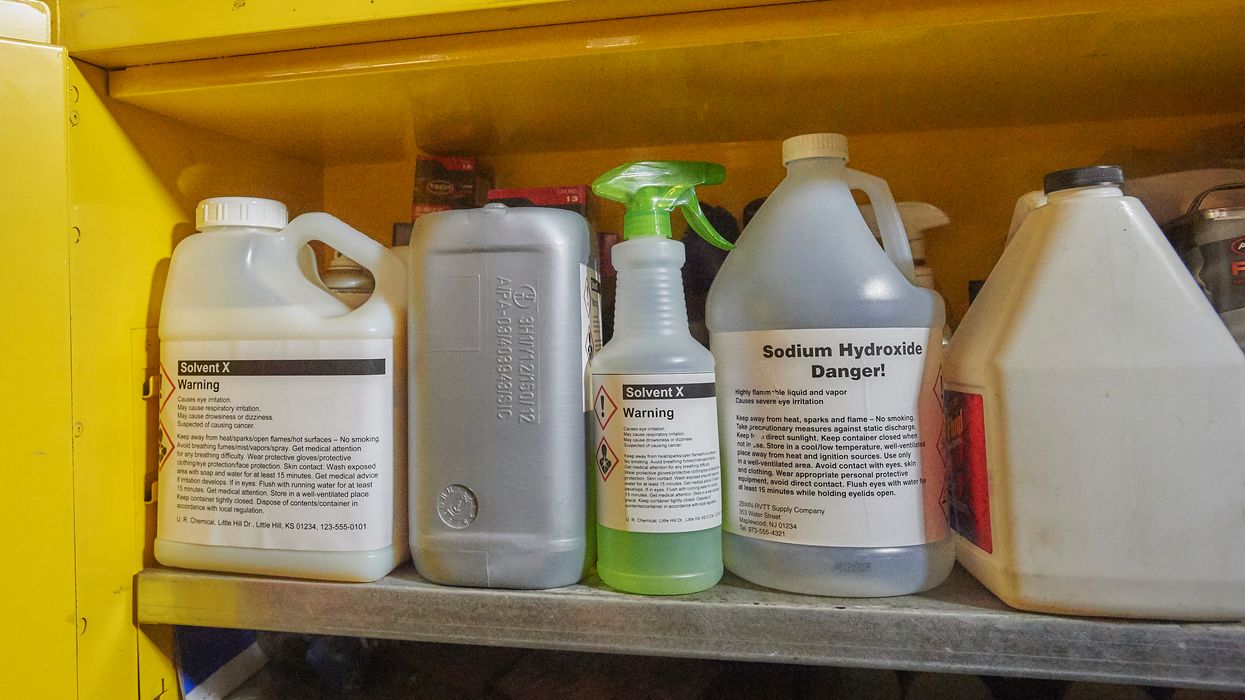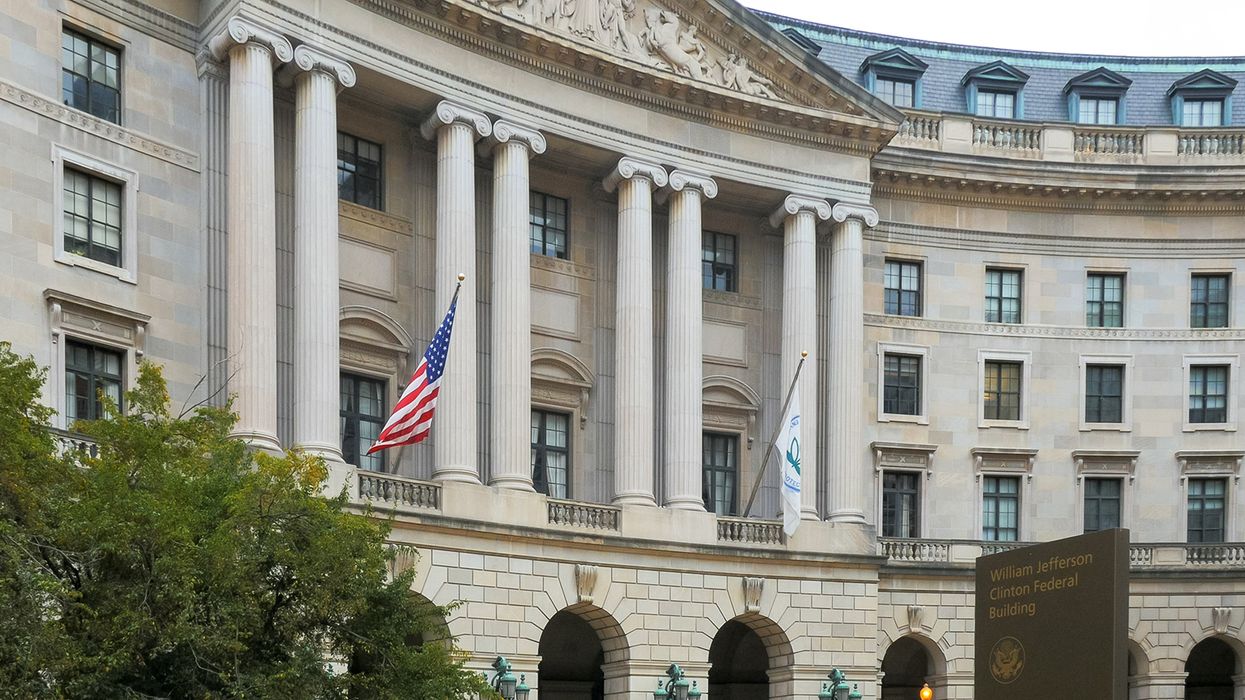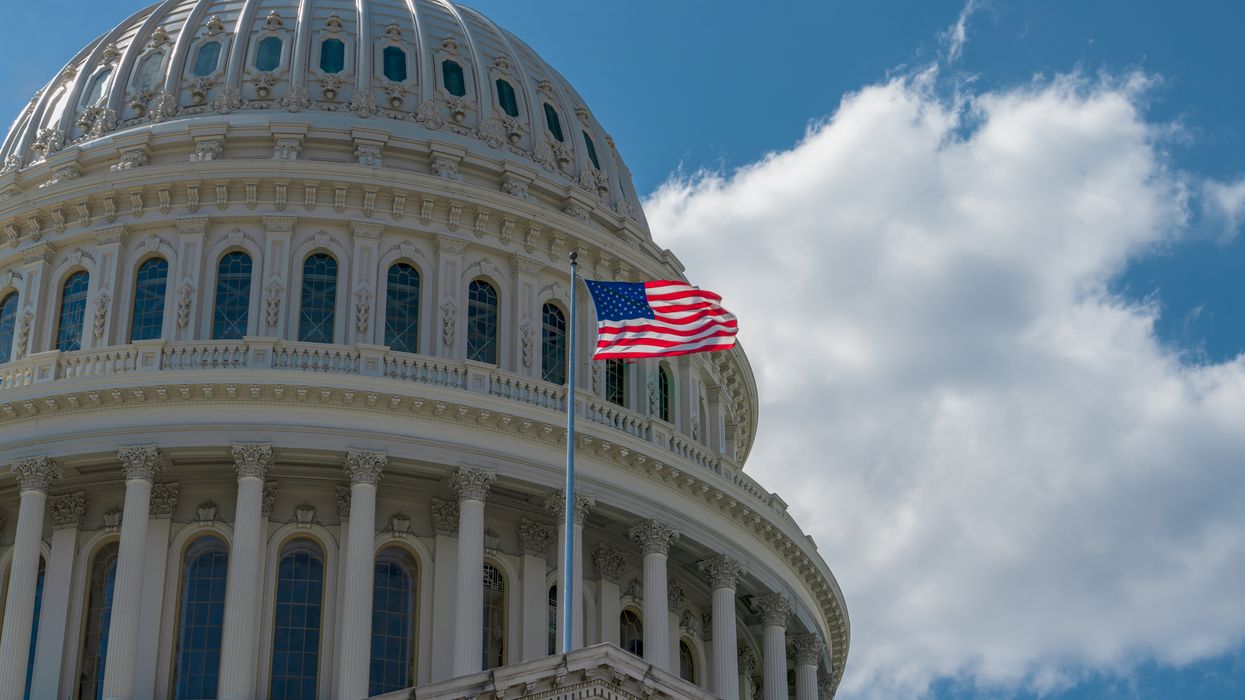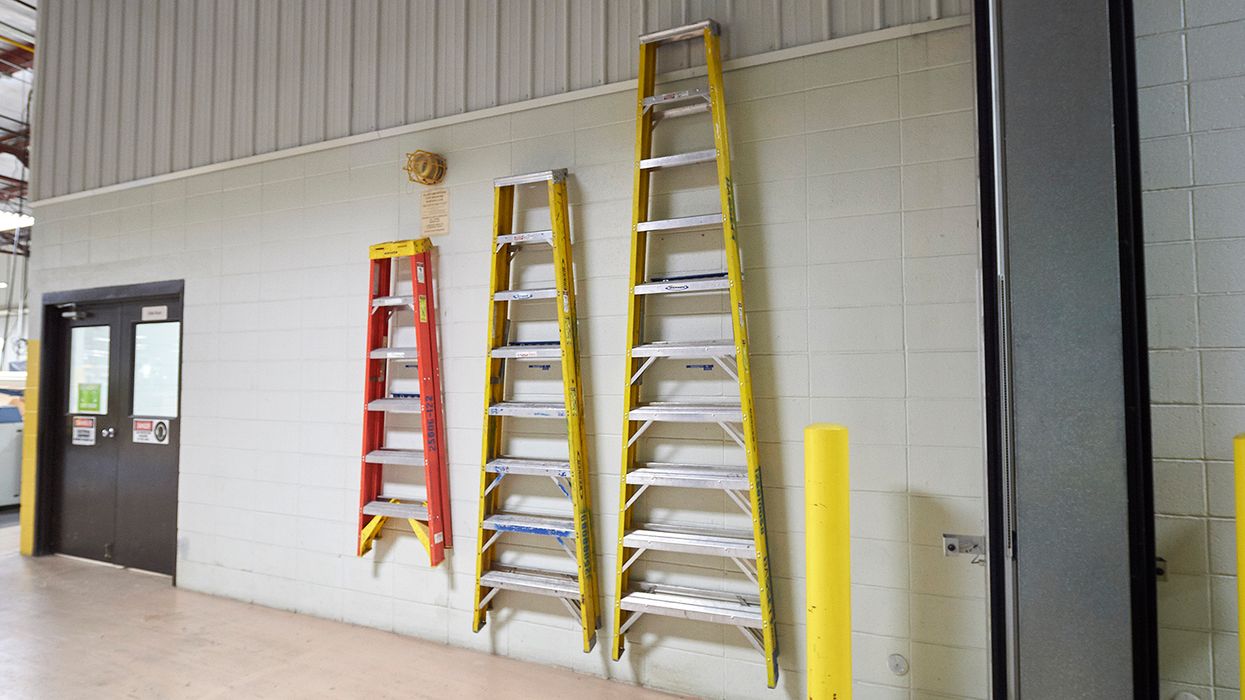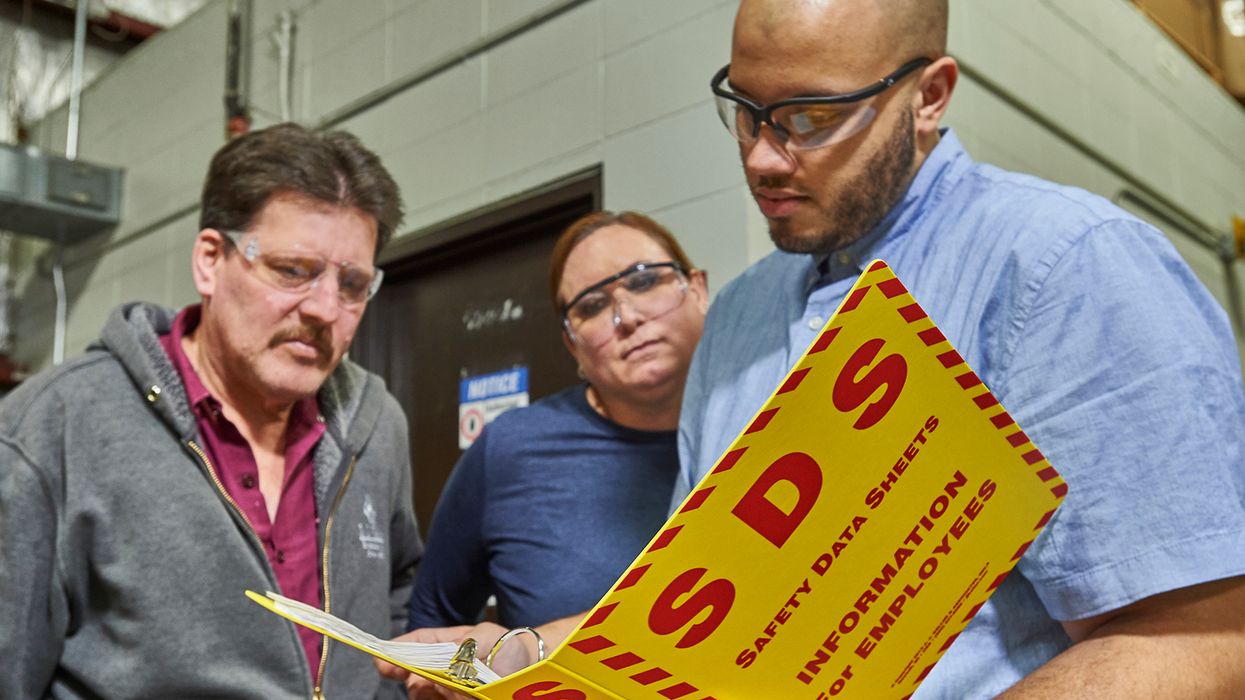Making the case for supervisor FMLA training
When it comes to the federal Family and Medical Leave Act (FMLA), supervisors often are the link between employees and a company’s leave administrator. The leave administrator generally doesn’t know which employees have requested time off that could be protected by the FMLA. The supervisor, on the other hand, is usually aware of employees requesting time off, but they might not know whether the time off would be FMLA leave.
Bridging this gap is why supervisor FMLA training is so important. It can help them identify situations in which an employee could be putting the company on notice of the need for leave, triggering the company’s FMLA obligations.
Employee notices can come in a variety of ways, and they don’t need to even mention the FMLA the first time around. Supervisors, therefore, have to know how to recognize clues and know how to respond correctly.
When companies fail in their FMLA duties, they can land in court. Case law has many examples of supervisors being the weak link in the FMLA compliance chain. One in particular stands out.
Case in point
On Monday, April 15, Grace, a long-term employee, was unexpectedly hospitalized for a mental health condition. Her son, James, called her employer to tell them Grace was extremely sick and hospitalized. He called again each day as Grace remained hospitalized until April 24. James talked to Darlean, Grace’s supervisor, Candy, Darlean’s supervisor, and even Trent, Candy’s supervisor. At one point, Candy told James that it wasn’t acceptable for him to call instead of his mother and told him not to call again. Grace could speak, but was unintelligible.
On Monday, April 22, Candy told the HR VP that Grace violated the company’s no call/no show policy by being absent from work on April 19, 20, and 21, without personally notifying her.
On April 25, Grace’s doctor faxed an FMLA certification to the company indicating that Grace needed leave until May 24. On April 30, the company fired Grace for abandoning her job by failing to call in to report her absences.
Grace sued the company and Candy individually, arguing that they interfered with her FMLA rights. The employer (and Candy) wanted the case dismissed, saying it fired Grace for not following the company policy.
The ruling
The court ruled in favor of Grace. It pointed out that when an employee's need for FMLA leave is unforeseeable, they are excused from complying with the employer's policy. Grace was unable to call in, given her condition.
The employer made no effort to fulfill its duty to investigate whether the FMLA required Grace to comply with its call-in policy and whether the notices that James provided were adequate. The court said that James’ notices were enough.
The court took the employer to task for not training its supervisors. It said, “[t]he fact that [Candy], who made termination decisions, had little FMLA training is further evidence of [the company’s] lack of good faith [compliance].” The only supervisor who had FMLA training wasn’t told about Grace’s situation.
The court wondered why supervisors, after Grace returned, didn’t ask her why she hadn’t personally notified them about her absences and need for leave, nor did they reexamine their decision to fire Grace.
The final price tag of the case was more than $284,000. Supervisor FMLA training would have cost much less.
Boadi v. Center for Human Development, Inc. and Candy Pennnington, District Court of Massachusetts, No. 14-cv-30162, September 21, 2017.
Key to remember: Supervisors can be an employer’s weak link in its FMLA compliance chain. Training can help strengthen the link and avoid expensive claims.



























